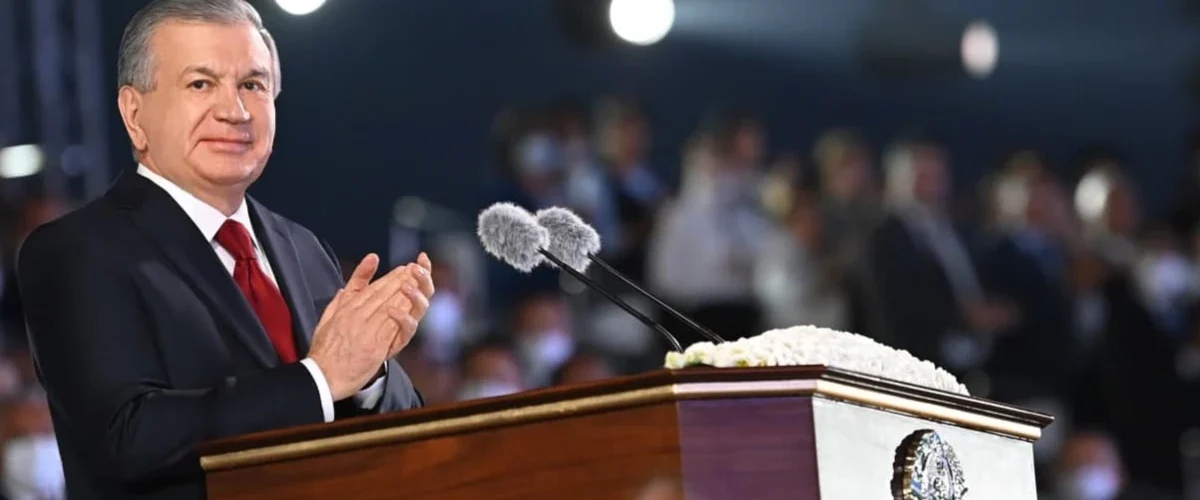Uzbekistan is holding a presidential election on October 24 that the incumbent, President Shavkat Mirziyoev, is widely expected to win a second term in office given the absence of opposition candidates.
Mirziyoev will face four other little-known candidates who are largely pro-government. Three opposition parties were not allowed to register or have candidates in the race.
It will be Uzbekistan’s sixth presidential election since the country of some 35 million people became independent in 1991.
According to Uzbekistan’s Central Election Commission, there are some 21.25 million eligible voters who will cast their ballots at 10,760 polling stations around the country.
Polls open at 8 a.m. and close at 8 p.m. local time.
Uzbek citizens living abroad can vote at one of about 100 polling stations at Uzbekistan’s embassies and consulates, including the embassy in Moscow and six other places in Russia.
According to Uzbek electoral laws, only registered political parties can nominate candidates for parliamentary or presidential elections.
Three unregistered opposition parties announced their intention to field candidates: the Erk Democratic Party, the Truth and Development Party, and the People’s Interest Party.
Despite their attempts, none was registered and official pressure eventually forced all of them to end their efforts to have candidates in the race.
The five candidates in the race and their political parties are:
Bahrom Abduhalimov of the Adolat (Justice) party, Maksuda Borisova of the People’s Democratic Party, Narzullo Oblomuradov of the Ecological Party, Alisher Kodirov of the National Revival Party, and Mirziyoev of the Liberal Democratic Party of Uzbekistan.
Borisova is only the second woman to run in an Uzbek presidential election, and Oblomuradov is the first presidential candidate fielded by the Ecological Party.
Only Mirziyoev has ever run for president before. He is expected to win easily against the relatively unknown competitors.
Mirziyoev was prime minister from 2003 until 2016, when Uzbekistan’s first and hitherto only president, Islam Karimov, died.
Mirziyoev became acting president and then won a snap presidential election on December 4, 2016, receiving just over 90 percent of the vote.
There will be some 970 foreign observers monitoring the presidential election.
The Organization for Security and Cooperation in Europe’s Office for Democratic Institutions and Human Rights (ODIHR) has sent 28 long-term observers and 250 short-term observers to the country.
An interim report released by ODIHR on October 8 noted that while there was “an
increased possibility to critically report on some social and political issues…many longstanding issues remain, including intimidation and harassment of journalists and bloggers, and a restrictive legal framework for the media.”
No parliamentary or presidential election held in Uzbekistan since it gained independence after the dissolution of the Soviet Union has been judged to be free or fair by Western election-monitoring groups.


















